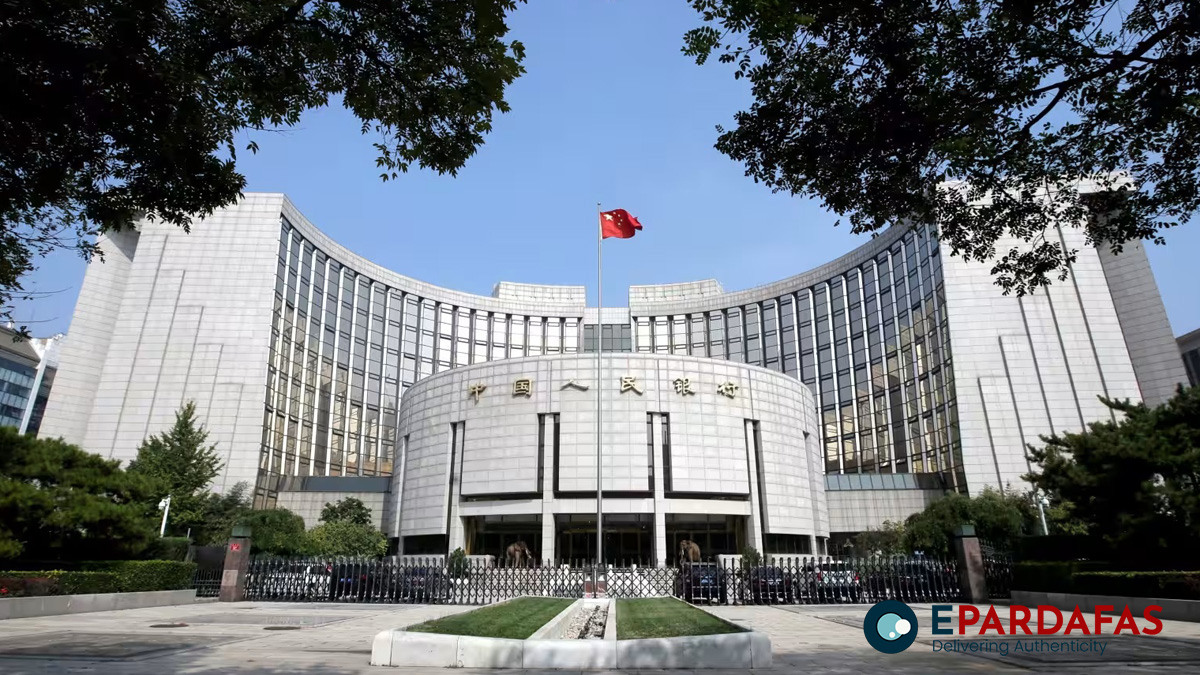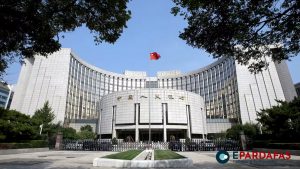
China Tightens Tax Enforcement on Overseas Investments Amid Economic Strains
China has ramped up efforts to ensure its citizens pay taxes on overseas investment gains, as authorities leverage big data to close enforcement gaps. The move targets individuals benefiting from offshore financial investments, including insurance policies, family trusts, and stock trading, in a bid to bolster dwindling local government revenues.
The Chinese government, since April 2024, has been issuing self-assessment notices urging individuals to declare and settle unpaid taxes on offshore capital gains for 2022 and 2023. Recipients include shareholders of Hong Kong-listed firms, executives of private companies, and traders of U.S. and Hong Kong stocks through online platforms like Futu Holdings and Tiger Brokers.
This scrutiny is enabled by the Common Reporting Standards (CRS), an international framework facilitating tax data exchange between participating jurisdictions. China began collecting such data in 2017, but wide-scale implementation only took off this year due to database development delays and the COVID-19 pandemic.
Economic Pressures and Tax Revenue Decline
The enforcement push aligns with China’s struggle to offset declining tax revenues exacerbated by a prolonged real estate downturn. Local governments, traditionally reliant on land sales for income, are seeking alternative revenue streams.
Between January and October this year, China’s fiscal revenue dropped by 1.3% year-on-year. Land sales, which accounted for 38% of local government revenues in 2021, fell to 27% in 2023, as per the Peterson Institute for International Economics.
“This is a structural approach to improving local government finances, reducing dependency on land sales to fund growth,” said Kelvin Lam, an economist at Pantheon Macroeconomics.
China’s tax law subjects citizens to levies on their worldwide income, similar to systems in the U.S. and other developed economies. Leveraging CRS data, authorities are now able to access extensive information on offshore assets, including year-end balances, interest income, and stock transaction records.
Some wealthy individuals and executives of overseas-listed companies have faced confusion over compliance. A tax adviser reported cases where partial disclosures of offshore accounts were deemed insufficient by authorities, leading to increased anxiety among taxpayers.
While better tax enforcement could address long-standing evasion, it also raises concerns about driving wealthy citizens out of China. The Henley & Partners report estimates a record 15,200 Chinese millionaires will emigrate in 2024, up 10% from the previous year.
“This could prompt the wealthy to reconsider their tax residencies or even renounce Chinese citizenship in extreme cases,” said Leon Wu, founder of Ostrom Financial. Wealthy individuals are increasingly hiring professionals to establish offshore structures to shield their assets.
Experts believe China’s growing tax intelligence and the Golden Tax System, which integrates tax collection and enforcement, signal a long-term strategy to strengthen fiscal stability. However, the crackdown risks accelerating capital outflows and dampening investor confidence.
With Chinese nationals commonly setting up companies in low-tax jurisdictions like the British Virgin Islands, authorities may further expand investigations into such structures if deemed unnecessary for operations, according to a trust adviser.
The intensified tax enforcement reflects China’s focus on shoring up internal finances amid geopolitical and economic pressures. However, the policy risks alienating affluent citizens who could contribute to economic recovery. As Beijing walks this tightrope, its success will hinge on balancing revenue collection with ensuring economic stability and investor trust.
- Sudurpaschim Royals Triumph Over Karnali Yaks by 6 Wickets, Playoff Setup Finalized in NPL
- Nirmala Sharma Elected FNJ Chair, Marking a Historic First for Female Leadership in Nepal’s Journalist Body
- Chinese Gold Mining in Congo’s Okapi Wildlife Reserve Sparks Outrage and Environmental Concerns
- ‘Black Day’ Observed Nationwide to Protest 1960 Coup Against Democracy













Comments